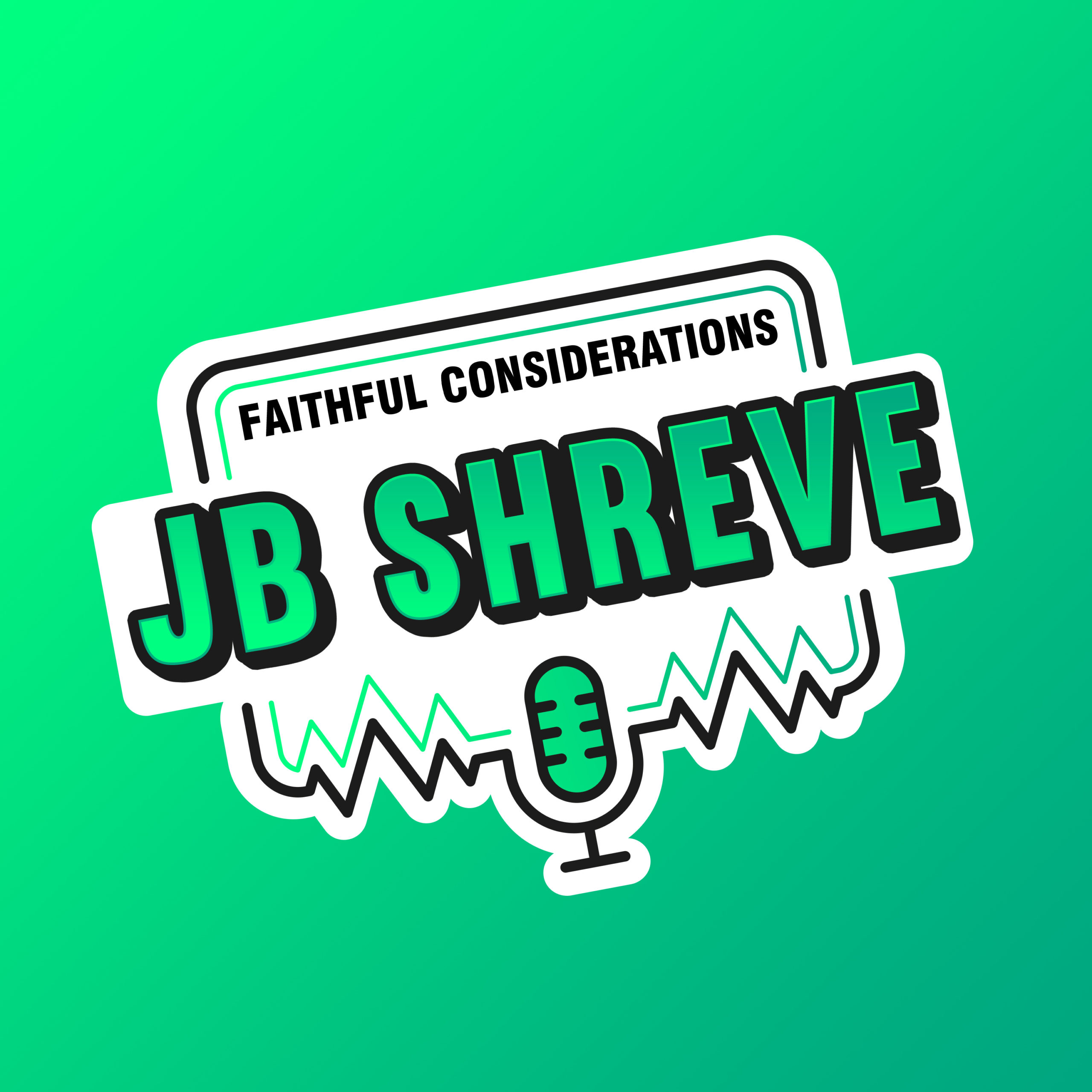This post is part of an ongoing series in the study of John we are doing during January. Subscribe to the blog for daily updates in the Bible Study posts. Subscribe to the podcasts to hear our discussion of the book of John throughout this month. Join us in your daily devotions as we travel through this fascinating account of the life of Christ.
***
Have you ever read a poem and wondered why the author did not simply write out what he meant instead of phrases, clauses, and incomplete sentences? Although confusing at first glance, a well-crafted poem, when contrasted against the typical flow of a narrative, stirs our heart and mind to see beyond the words and into the more profound thought of what the writer is presenting. In many ways, that is what John does in his gospel.
The book of John is unlike anything else in the New Testament. Even among the gospels, the book of John stands out as strikingly unique. Matthew was written primarily with a Jewish audience in mind. That is why we see the beginning of the genealogy in Matthew 1 starting with Abraham, a consistent focus on the fulfillment of ancient prophecies throughout the book, and references to the Kingdom of Heaven rather than the Kingdom of God. Matthew was speaking to a specific audience.
When we get to Mark, it is all about the action. The shortest among the gospels, the word immediate, is used 27 times in the book of Mark.
Luke, on the other hand, is after the details. Luke, the physician, goes through meticulous detail to provide an accurate accounting of exactly what happened, how it happened, and where.
Then we come to John. The narrative is not in chronological order. The use of concepts and abstract thoughts are repeatedly relied upon to communicate the vision John is presenting to his audience. We find a message about Christ as the center and point of all things unlike anything shared in the other gospels. John is pushing the readers to not only know about Jesus. He is provoking them to press in and discover the Son of God at a level that facts, histories, and human knowledge alone cannot ascertain. John is calling the people to see something spiritual with the eyes of the spirit, not merely the eyes of their mind. He is drawing the readers to an experience of Christ – something far different than what the writers of the other gospels strived.
When John approached the empty tomb, his entire paradigm for life became upended. He saw everything differently, and the revelation of Christ changed the way the apostle perceived and taught. That is why he opens his gospel differently than the others. John is suggesting the events, the histories, and the facts are of merely limited value. The more excellent value is what do you see!
He immediately challenges our sight with the first words.
In the beginning was the Word and the Word was with God and the Word was God. John 1:1
Using a specific set of phrases, John calls us to reflect to the beginning of all things. He brings us back to Genesis 1
In the beginning…Genesis 1:1
What happened in the beginning? God spoke! The Word was there. Eventually, John will tell us that Jesus Christ is the Word of God but not before we first understand and acknowledge that this Word or Logos (the Greek word here) has always been present.
This was not an alien thought to ancient followers of God. Throughout the Old Testament, we find references to a presence with God that was also part of God since the beginning of time that worked to reveal God to man. In the acts of creation, God speaks Let US make man in OUR image…Genesis 1:26. Who was He talking to? Who was US? The Word has always existed alongside and as part of God.
Psalm 33 references the presence of the Word of God in the beginning.
By the word of the LORD the heavens were made,
And all the host of them by the breath of His mouth.
He gathers the waters of the sea together as a heap;
He lays up the deep in storehouses.
Psalms 33:6-7 (NKJV)
Proverbs 8 goes even further. Proverbs 8 refers to the Word as wisdom. It is a presence that was with God even before creation began.
“The LORD possessed me at the beginning of His way,
Before His works of old.
I have been established from everlasting,
From the beginning, before there was ever an earth.
When there were no depths I was brought forth,
When there were no fountains abounding with water.
Before the mountains were settled,
Before the hills, I was brought forth;
While as yet He had not made the earth or the fields,
Or the primal dust of the world.
When He prepared the heavens, I was there,
When He drew a circle on the face of the deep,
When He established the clouds above,
When He strengthened the fountains of the deep,
When He assigned to the sea its limit,
So that the waters would not transgress His command,
When He marked out the foundations of the earth,
Then I was beside Him as a master craftsman;
And I was daily His delight,
Rejoicing always before Him,
Rejoicing in His inhabited world,
And my delight was with the sons of men.
Proverbs 8:22-31 (NKJV)
The Word is eternal. It is with God, and it is God. Whenever we find the mind and will of God becoming evidence, in the order of creation, we see the Word of God.
This is the concept John opens his gospel with. He calls us to see beyond forms and structures, beyond narratives and orders. John invites the readers to press the heart against the abstract concepts that will allow our hearts to supersede our minds and experience a deeper reality of God.
Subscribe to the blog as we continue our walk through the book of John tomorrow.
[email-subscribers-form id=”2″]





What do you think?
Show comments / Leave a comment